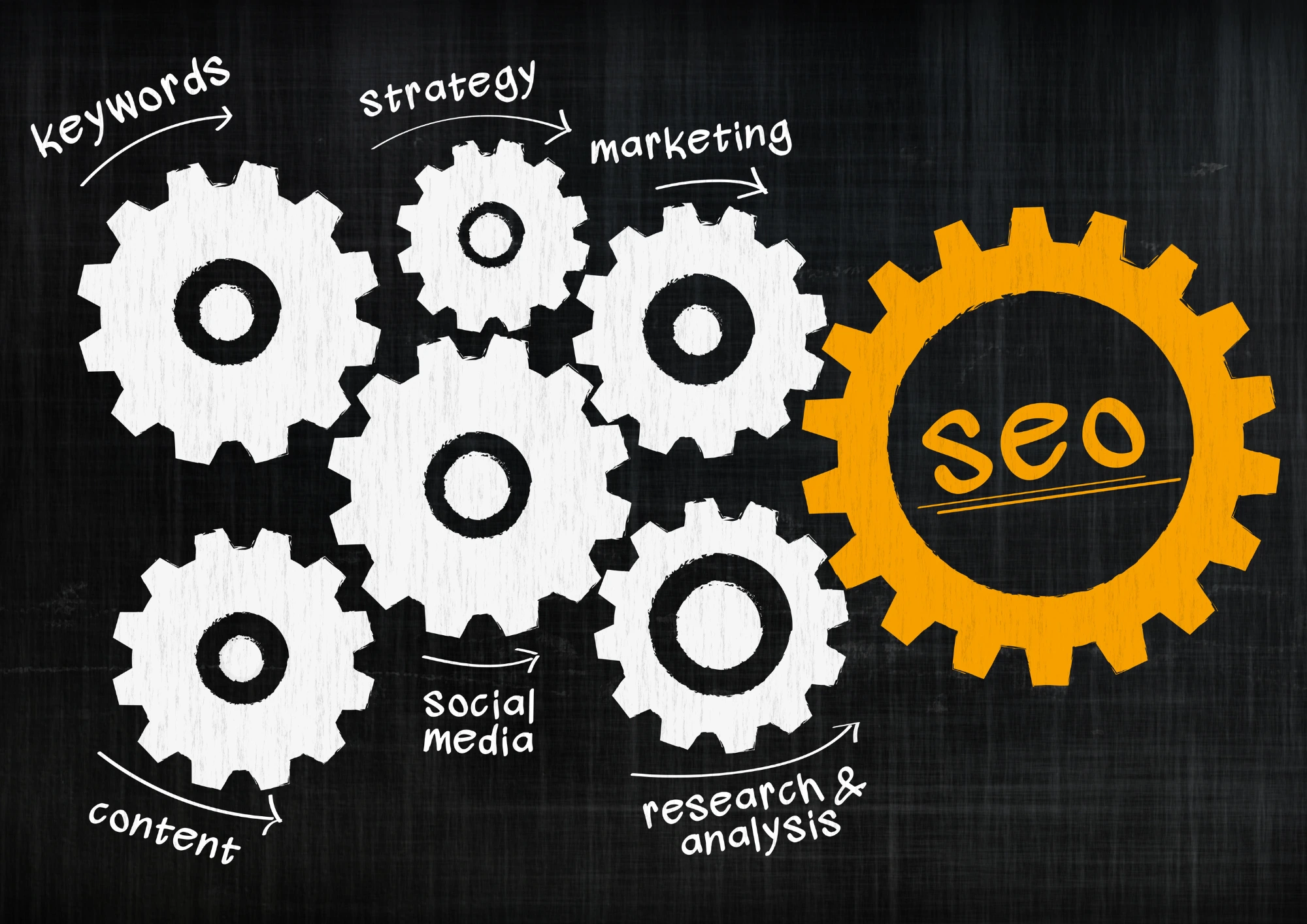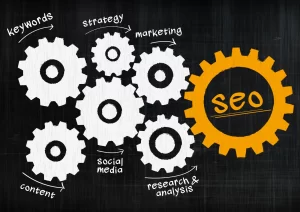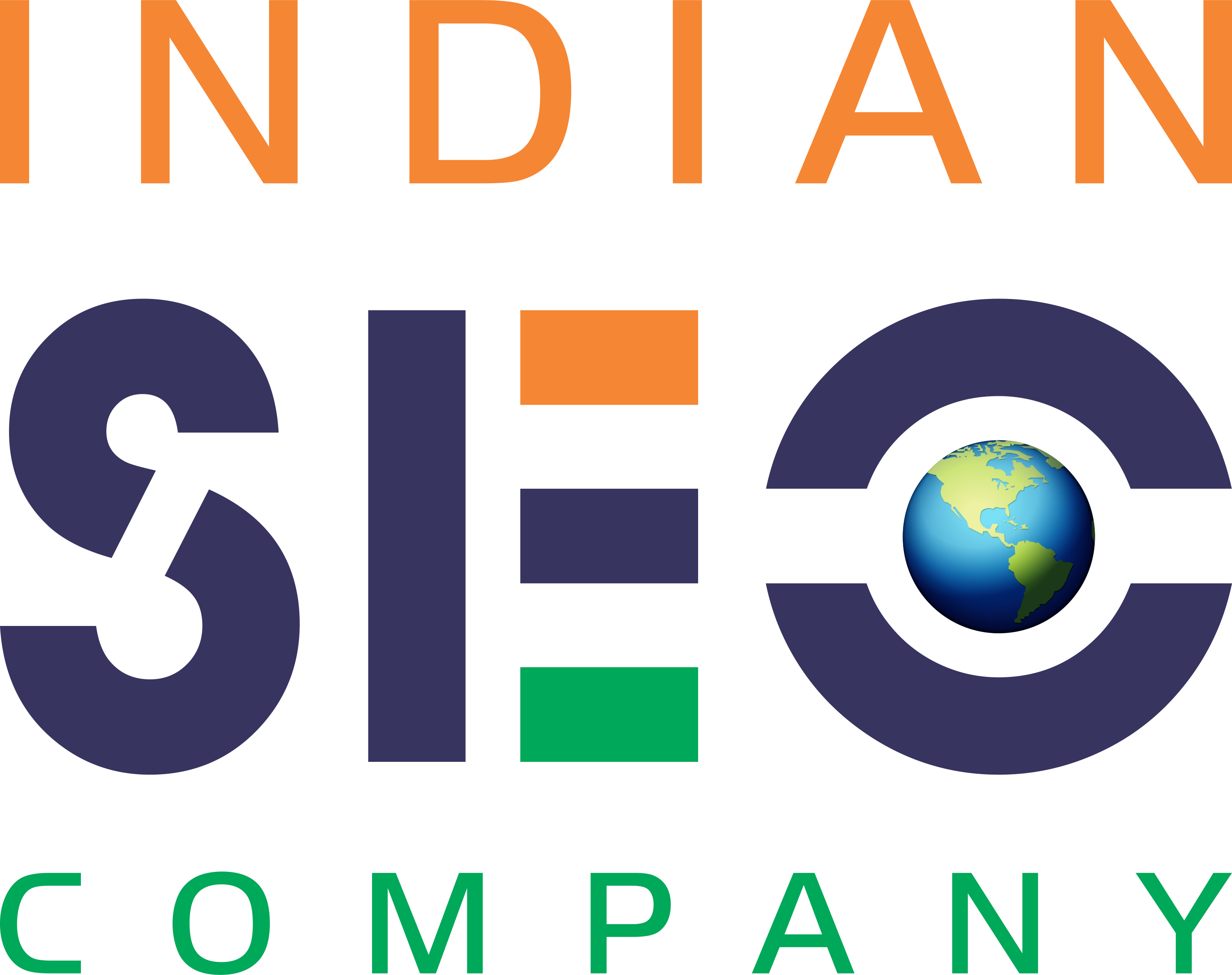
On-Page SEO Boosts Rankings
In today’s digital world, having a website alone is not enough to secure visibility and drive traffic. On-Page SEO Boosts Rankings by ensuring your website is optimized to appear higher on search engines like Google. It involves refining various elements on your web pages—such as content, meta tags, internal linking, and keyword placement—to improve their relevance and user experience. From faster load times to mobile responsiveness, every detail matters. Simply put, On-Page SEO Boosts Rankings and plays a crucial role in increasing your website’s visibility, engagement, and overall online success.
Let’s dive into how on-page SEO impacts your website’s ranking and why it’s crucial for your online success.

1. Improved Search Engine Visibility
On-page SEO practices, such as using relevant keywords, optimizing meta tags, and creating high-quality content, make your pages more visible to search engines. When search engines crawl your site, they analyze your content and determine how relevant it is to users’ queries. Properly optimized pages are more likely to rank higher, increasing your chances of attracting organic traffic.
2. Enhanced User Experience
Google and other search engines prioritize websites that offer a great user experience. On-page SEO techniques like mobile optimization, fast loading speeds, and a clean, intuitive layout keep visitors engaged. When users spend more time on your site, it signals to search engines that your content is valuable, boosting your ranking.
3. Better Click-Through Rates (CTR)
Optimizing your title tags and meta descriptions not only improves visibility but also enhances your click-through rate. An engaging and informative meta description with targeted keywords encourages users to click on your link instead of competitors’. Higher CTRs directly influence your search engine ranking, making on-page SEO a crucial factor.
4. Increased Content Relevance
Creating content that aligns with users’ search intent is key to on-page optimization. By integrating primary and secondary keywords naturally, utilizing header tags, and providing valuable insights, you increase the relevance of your content. Search engines reward content that answers users’ queries effectively, pushing your site higher in the rankings.
5. Optimized URL Structures
Having clean and descriptive URLs is another crucial aspect of on-page SEO. Including keywords in your URLs and maintaining a simple structure helps search engines understand your content better. This boosts your ranking potential and makes your site easier for users to navigate.
6. Image and Media Optimization
Images and multimedia elements add value to your content but can also slow down your website if not optimized correctly. Using compressed images, descriptive alt texts, and appropriate file formats improves your page speed and accessibility. Optimized media enhances the overall user experience and contributes to better rankings.
7. Reduced Bounce Rates
When your content is informative, engaging, and easy to navigate, users are likely to stay longer on your site. Reduced bounce rates indicate to search engines that your content is relevant and valuable, which positively impacts your ranking.
Final Thoughts
On-page SEO plays a pivotal role in determining your website’s ranking on search engines. By focusing on content quality, user experience, and technical optimization, you can significantly enhance your visibility and attract more organic traffic. Regularly updating your on-page SEO strategies in line with algorithm changes ensures that your website remains competitive and continues to rank well.
